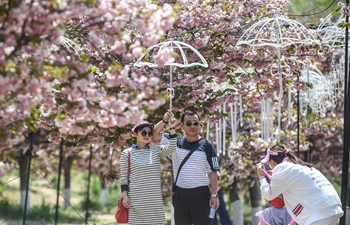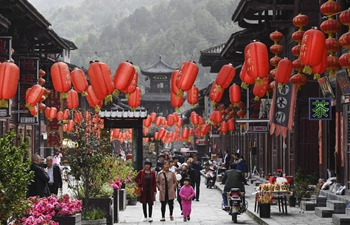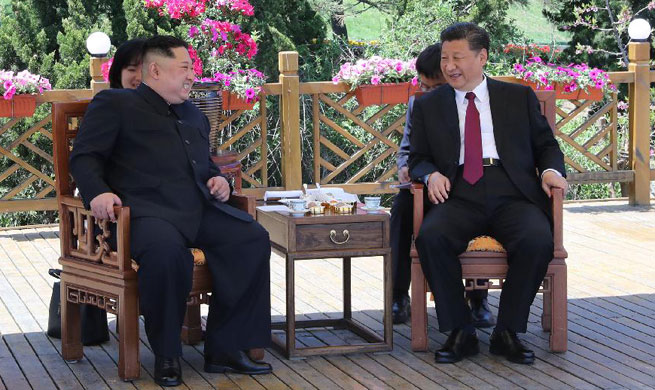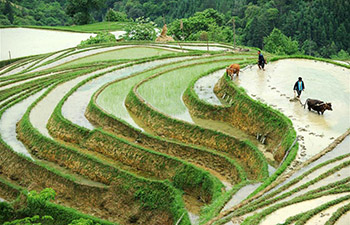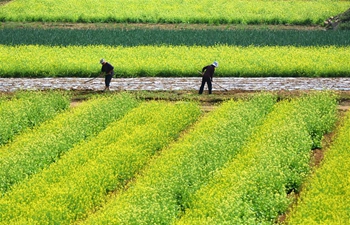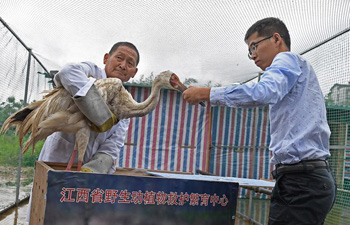JINAN, May 11 (Xinhua) -- Fang Xiaoxin, chair of a farm produce exporter in east China's Shandong Province, has been catching up on orders from Japan, which have been growing fast.
"The orders have kept increasing from October last year, with the demand for Chinese cabbage, cabbage lettuce and lettuce leading the growth," Fang said.
Shandong is China's biggest farm produce exporter. The province's farm produce exports to Japan grew 8.6 percent last year to rake in 29.16 billion yuan (4.6 billion U.S. dollars), accounting for one-fourth of its total farm produce exports.
Fang's company, Qingzhou Xinbaili Industrial Co., is an export-oriented farm produce supplier with products mainly destined for Japan.
He said Japan had sustained strict inspection criteria on pesticide residue on nearly all Chinese farm produce exports since 2006. The strict criteria have thwarted over 5,000 Chinese exporters.
Since then, Fang has been building vegetable growing greenhouses with quality control standard that can meet Japan's over 200 indicators on Chinese vegetable exports.
The company's quality control monitors soil composition and the use of fertilizer and pesticide, which makes the price of the company's vegetable about 1,000 yuan higher per tonne than the average vegetable price.
Over the past decade, Fang has built 666 hectares of vegetable plantation areas in Shandong, Hebei and Fujian provinces, producing vegetables destined for Japan. None of his exports has failed to pass Japan's food safety inspection.
Shandong's farm produce exports to Japan range from aquatic products, seafood, vegetables, meat and fruit.
Export-oriented companies say strict quality management and technology upgrading are the key to expanding their business.
Liu Jianzeng, general manager of Shandong Wanxing Food Co., said the company specialized in producing sushi ginger slices. It exported over 10,000 tonnes of ginger slices last year, compared with 100 tonnes in 2013 when it first entered the Japanese market.
"In addition to safety, processed food need to have bright color to woo buyers," Liu said, adding that the company's ginger slices had already entered some high-end Japanese restaurants.
"Besides introducing foreign technology and understanding the export market, Chinese exporters should improve their own research and development power and spearhead innovation to expand the market," said Sun Shuqin, dean of the International Economic and Trade Department, Shandong University.






